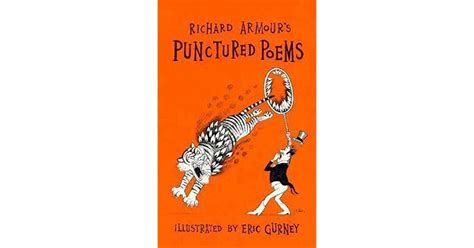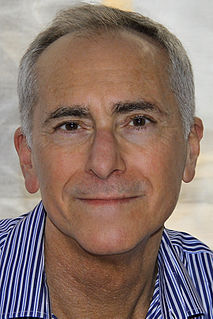A Quote by Kerry Bishe
The Romanoffs are like the other side of 'The Great Gatsby.' 'Gatsby' is about the people who don't have the history but who want it. And 'The Romanoffs' is about the people who have it and don't know what to do with it.
Related Quotes
Personal identity seems like it's just such an American archetype, from Holly Golightly re-inventing herself in 'Breakfast At Tiffany's' to Jay Gatsby in 'The Great Gatsby.' It seems like the sort of archetypal American issue. If you're given the freedom to be anything, or be anyone, what do you do with it?
"Oh, you want too much!" she cried to Gatsby. "I love you now - isn't that enough? I can't help what's past." She began to sob helplessly. "I did love him once-but I loved you too."
Gatsby's eyes opened and closed.
"You loved me too?" he repeated.
"Even that's a lie," said Tom savagely. "She didn't know you were alive. Why - there're things between Daisy and me that you'll never know, things that neither of us can ever forget."
In such novels as This Side of Paradise and The Great Gatsby, Fitzgerald depicts the spirit of the hour which is usually about 4 a.m. His suave young men, always commuting between Princeton and The Plaza in Stutz Bearcats never sat still for long. It was too uncomfortable, with a large flask in the hip pocket.
If you wanted to show a mirror to people that says, 'You've been drunk on money,' they're not going to want to see it. But if you reflected that mirror on another time they'd be willing to. People will need an explanation of where we are and where we've been, and 'The Great Gatsby' can provide that explanation.
I developed a mania for Fitzgerald - by the time I'd graduated from high school I'd read everything he'd written. I started with 'The Great Gatsby' and moved on to 'Tender Is the Night,' which just swept me away. Then I read 'This Side of Paradise,' his novel about Princeton - I literally slept with that book under my pillow for two years.
































